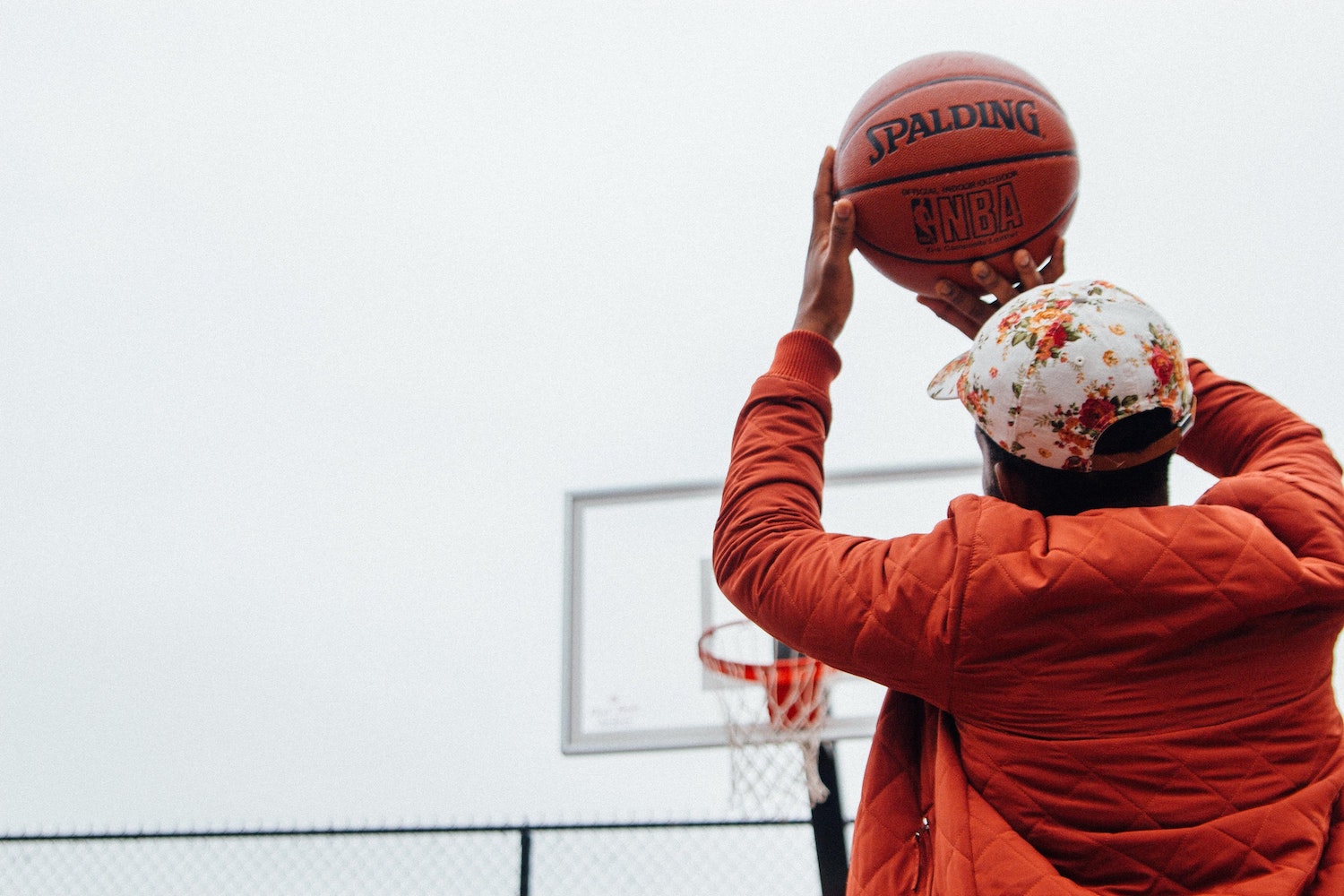ImpactAlpha, Nov. 18 – Cities around the U.S. are raising low-cost capital in the municipal bond markets by highlighting intentional efforts to address long-standing racial inequities that continue to plague communities and pose material risk to jurisdictions.
Social, ESG, sustainability and housing bonds that explicitly address racial equity in the use proceeds give cities the opportunity to include environmental justice efforts in environmental projects, for example, and engage affected communities in capital and infrastructure projects financed with bond proceeds.
State-level “bond banks” are helping smaller cities tap the muni markets and mitigate the “Black tax” that historically has forced majority-minority cities to pay higher interest rates.
“In a market where there’s very little innovation, it’s exciting to see change, and to be on the forefront of that,” says Public Finance Initiative’s Lourdes Germán, who introduced a new framework to elevate those practices on this week’s ImpactAlpha’s Call. “We are seeing a wider set of practices emerging around racial equity.”
German presented the framework, along with a new report, “Racial Equity & Bond Markets,” at this week’s National League of Cities’ summit in Kansas City.
Public Finance Initiative is looking for public comment on the draft framework, which is the result of nearly a year of convenings with more than 100 issuers from 34 states, as well as investors and investment banks, underwriters, bond counsels and rating agencies. In addition to the League, partners included Government Alliance on Race and Equity, Urban Institute, Milken Institute, Initiative for Responsible Investment, Urban American City and Ideas and Action.
“We’re centering the practices that we think are vital and emerging,” said Germán.
Germán joined Kimberlee Cornett of Robert Wood Johnson Foundation, Tim Martin of NYC’s Office of the Comptroller and Rob Fernandez of Breckinridge Capital Advisors to help kick off ImpactAlpha’s “Muni Impact” project, a year-long exploration of racial equity issues in municipal finance, made possible with support from Robert Wood Johnson Foundation.
“Growth has not has not been an equal opportunity for every community and many communities have faced very explicit barriers that have prevented that growth,” said Cornett, who at the foundation has funded the Public Finance Initiative and other efforts to develop research, data and tools to reshape muni markets around racial equity.
The foundation’s long-term goal is to help communities “find the capital that they really need to get on a more equitable path to development.”
Meeting demand
Use of proceeds is a key issue, as it is with green and other specialized bonds. Issuers are stretching to include social indicators and data in their voluntary reporting. The framework highlights practices issuers are using pre-issuance to center racial equity, including understanding the root causes of racial inequities and engaging communities directly affected by racism to determine projects to be funded.
The framework also emphasizes an examination of whether the revenues that secure the bonds carry any inequity risks and includes a taxonomy issuers can use to measure racial equity impact and risk.
“You’ve told us you need a roadmap,” said Germán. “Here is a roadmap.”
Issuers efforts on racial equity are, in part, a response to growing demand from investors.
Investor appetite for New York City’s $400 million social bond for affordable housing in September was so great that “we were able to demonstrably tighten our spreads to treasuries,” said Tim Martin, NYC’s assistant comptroller for public finance. That lowered the bond’s interest rates by several basis points, saving the city money.
Twenty investors participated in a city transaction for the first time, said Martin. The bond was oversubscribed by four times, including interest of up to $450 million from self-identified ESG investors.
“They would not have been able to participate in our transaction had we not gone through the process to certify as an ESG bond,” he said. “Long term, it brings in a whole new set of investors.”
Fund managers are also noticing an inflection in the bond market.
“We are definitely seeing demand from institutional investors, as well as individuals, for impact investment solutions,” said Rob Fernandez of Breckinridge Capital Advisors, a fixed-income manager with more than $40 billion in assets undermanagement.
“We have also seen interest among current and potential clients for a strategy that would more directly incorporate racial equity metrics into our investment decisions.”
One obstacle facing firms like Breckinridge: Data. “If there was additional data available, or more disclosure from issuers more broadly around environmental, social issues and racial equity issues, then it’s likely that we could potentially offer more customized impact solutions for clients.”
“The key priority for us is producing a reliable stream of income for clients.”
Repricing risk
New research is flipping that argument on its head. Any quest for reliable income that ignores racial equity must confront recent research that has shown Black communities unfairly penalized in bond markets.
Municipalities with higher percentages of Black residents pay higher borrowing costs to issue rated bonds, according to “Black Tax: Evidence of Racial Discrimination in Municipal Borrowing Costs.”
“These higher costs are unexplained by credit risk, more pronounced in states with higher levels of racial resentment, and robust to state-tax incentives to hold municipal bonds,” write researchers Ashleigh Eldemire-Poindexter, Kimberly Luchtenberg and Matthew Wynter
Breckinridge’s own research, “Climate, race, and the cost of capital in the municipal bond market,” led by Breckinridge’s Erika Smull, found “a systemic mispricing of risk in the municipal bond market, where race impacts the cost of capital, and climate does not.”
“When these practices happen, are we saying something’s less risky than it is?” asked Erika Brice of Kresge Foundation. “Are we saying something is more risky when it’s actually not, and we should financially be thinking about investing in those things?”
Such risk mispricing errors go beyond ESG risk, says Brice. “It’s also hardcore finance risk.”
ImpactAlpha is on the Muni Impact beat dig into these and other issues. Stay tuned for more calls, more podcasts, more data and more coverage.
Other articles and research shared on the Call:
- “Integrating ESG Data to Improve Risk Management and Municipal Resilience,” from Milken Institute;
- “ESG factors in municipal finance,” from UN Principles of Responsible investment;
- “Fiscal Justice Analysis in Louisville, KY Finds Hidden $90M in Potential Losses and Costs,” from Activest;
- Activest’s “fiscal justice” research and reporting; and
- “Bonds of Inequality,” by Dr. Destin Jenkins.











